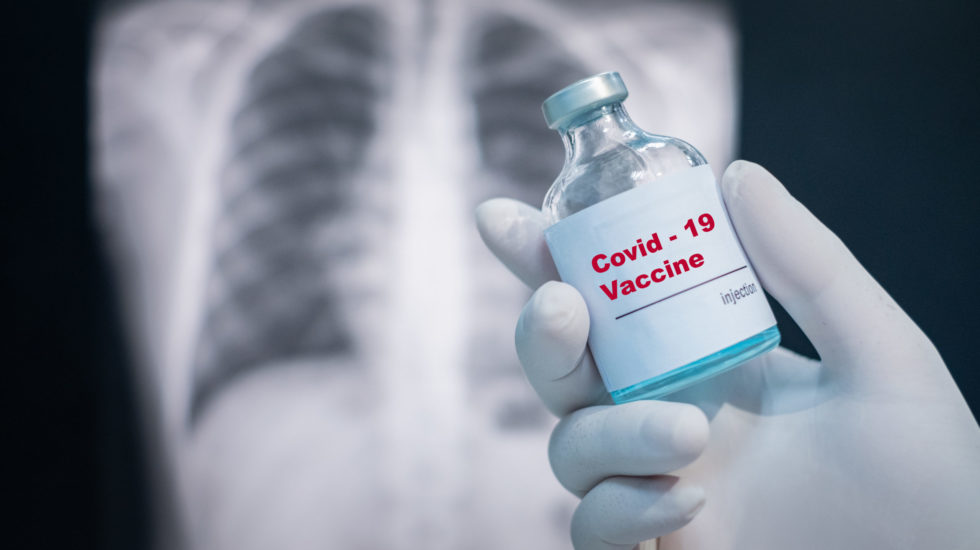Six months after the Covid-19 coronavirus pandemic began circling the globe, scientists still have more questions than answers, as outbreaks continue to grow.
But for the general public, one pressing question tops them all: when will there be a safe, effective vaccine?
Everyone hopes it’ll be soon, and the most optimistic experts think it might be around the first of next year. Others say it will take much longer, or may never happen at all.
There’s certainly no guarantee, as illustrated by the history of HIV, the virus that causes AIDS, reports the Washington Post.
The discovery of HIV in 1984, the Post says, “was a long-awaited moment, and Health and Human Services Secretary Margaret Heckler vowed that the scourge of AIDS would soon end. A vaccine would be ready for testing within two years, she proclaimed.”
But 36 years later, there is still no HIV vaccine.
Still, the Post says, that historic cloud might really have a silver lining, because “instead of a cautionary tale of scientific hubris,” the unsuccessful HIV effort “is leading to even greater confidence in the search for a coronavirus vaccine.”
All those years of HIV research “taught scientists an enormous amount about the immune system, honed vaccine technologies now being repurposed against the coronavirus and created a worldwide infrastructure of clinical trial networks,” the Post says.
In sharp contrast to researchers’ efforts on HIV, the World Health Organization reports there are already 160 vaccines being developed for the Covid-19 virus — “a pathogen unknown to science” just months ago — and some of the most promising come from “piggybacking” on the decades-long HIV vaccine effort, the Post says.
Separately, the Massachusetts biotech company Moderna said Tuesday it will be ready to start the final phase of testing for its vaccine candidate on July 27, making it the first to begin “Phase 3” trials.
The company aims to enroll 30,000 adults in the clinical trial, which is designed to test whether the vaccine works to prevent Covid-19 while also examining its safety, reports NBC News. But once again, time is a big factor:
“Participants will either receive the vaccine or a placebo,” NBC says. “They will be tracked for two years to see whether they get Covid-19 or have any adverse reactions to the vaccine.”
Also Tuesday, the North Carolina-based life sciences multinational IQVIA announced that it will collaborate with British-Swedish pharmaceutical giant AstraZeneca to accelerate development of another vaccine candidate, Reuters reports. The effort could directly benefit the U.S. because it’s largely funded by the Trump administration’s Operation Warp Speed program.



